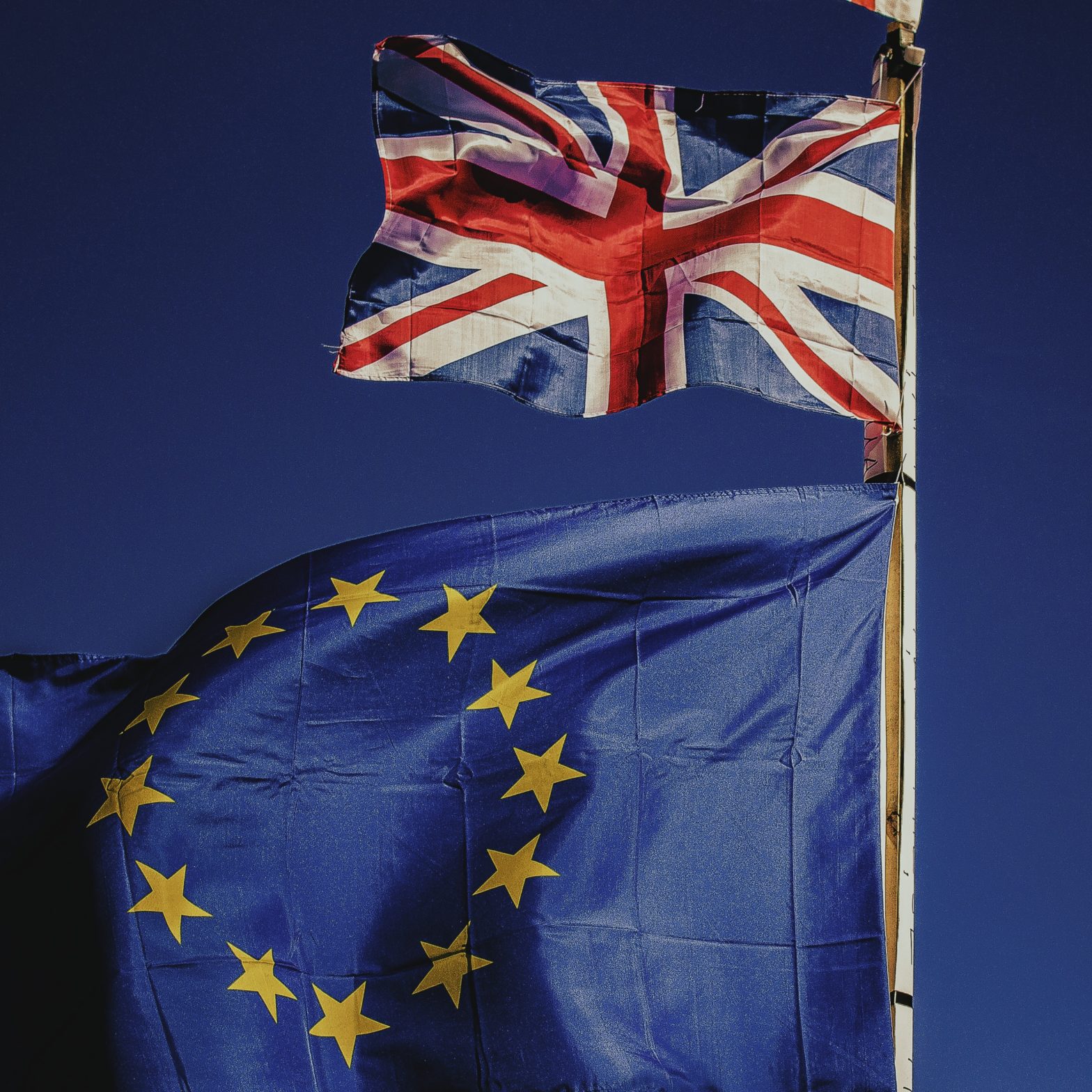The Impact on eCommerce after Brexit

We’re part of Dark Matter Commerce - find out more

As you will already know (unless you’ve been avoiding any media and living under a rock), the UK left the European Union at midnight on January 31st 2020. So, now we’re just over a month into post-Brexit life, what better opportunity to check-in and see the impact Brexit has had on eCommerce, not only in the UK but also in the EU.
We recently recorded a podcast on the topic, where we were joined by Marc O’Donnell, eCommerce Manager at Dubarry of Ireland, James Hayes, Director of Business Development at Parcelhub, and Stephen Kenealy, Strategy Director at Space 48. Listen to them give their take on the Brexit trade deal, the problems they faced and how they coped.
The UK and EU governments settled on the Trade and Cooperation Agreement (TCA) that sets out the future trading arrangements between the two markets. The deal establishes no tariffs or quotas on trade between the UK and EU where goods meet the relevant rules of origin. The agreement lays out the rules of origin for goods and services and builds upon the WTO commitments, as well as technical barriers to trade.
Not being a part of the EU, means we’ve also left the customs union. Which usually means trades are subject to EU tariffs without a trade deal. Thankfully, the UK secured the above trade deal that allows the UK to continue trading tariff-free with the EU. However, it isn’t as simple as before when we were an EU member. The goods we import or export must now qualify under the terms set out in the TCA. If you are moving goods between Great Britain and the EU, you will need to apply for an EORI number to continue trading.
The trade agreement sets out that to qualify for the tariff-free trading, you must prove that the goods originate from either the UK or EU. What does this mean?
If your goods fail to meet the rules of origin, you will then be subject to the standards tariffs set out by the UK or EU customs.
Brexit has brought with it huge complexities and companies and consumers are still trying to understand it. Even when you think you’ve got your head around it, more uncertainty crops up, such as unexpected custom duty charges affecting the importing and exporting of goods.
Customers of Dubarry of Ireland were recently hit with this when they started receiving communications from HMRC customs telling them that they must pay an import tax to claim their goods. This caused an issue for the team at Dubarry’s who decided to take the hit and refunded their customers the duty charge to show their commitment to high levels of customer service and satisfaction. It’s not just Dubarry’s who have experienced this, with reports in the news of customers in Europe having the same problem from some of Britain’s biggest retailers such as Next. Other British-favourites, John Lewis, Fortnum & Mason have put EU orders on hold while they try and navigate these new complexities of trading.
Although there is a risk of trading between the UK and EU being less attractive, due to the amount of due diligence and extra charges, it does open up opportunities elsewhere. Brexit could enable the UK to trade more freely in global markets. The UK looks to negotiate trade deals with Australia, the US and has applied to join a free trade area in the Asia Pacific, which would open up new corridors of trading opportunities for British businesses.
The media has been flooded with stories and images of severe border delays recently resulting from new border procedures, additional customs paperwork and packages having to be sent back to senders due to inaccurate data.
This is where the term ‘rules of origin’ comes into play again, if a product comes from China to the UK and then is sent to a customer in the EU without passing the above ‘product-specific rules’ to grant it with originating status, it will incur double duty. It is going to impact the commercial terms through the supply chain and affect profit and loss. Businesses must look into their supply chain and understand how the rules of origin will affect them, and where they should look to move to an agile supply chain network to remain resilient.
DPD, DHL and other courier companies have been impacted by the extra pressure on turnaround and transit times. With DPD stating that it was returning one-fifth of parcels to the sender because they had incorrect or incomplete data attached on the shipping label.
James at Parcelhub talks further about this on our podcast, where he states how imperative it is to get the term of the trade right, the data accurate and the correct data for the type of trade. He says how it differs wildly with what you need for each shipment and businesses have fallen short here by not having a thorough understanding of this and having the correct information in their systems. He recommends having multiple routes into Europe at the moment so that you are better prepared if you run into issues with one of your couriers. For more useful information, check out their Brexit support portal (https://www.parcelhub.co.uk/brexit-support-portal/)
Whether you voted in or out for Brexit, it is here to stay and we are only in the early stages of the transition. The true impact on UK businesses is yet to be seen and all we can advise is to be agile in your approach and seek the opportunities that come with Brexit to help your business plan for the future.